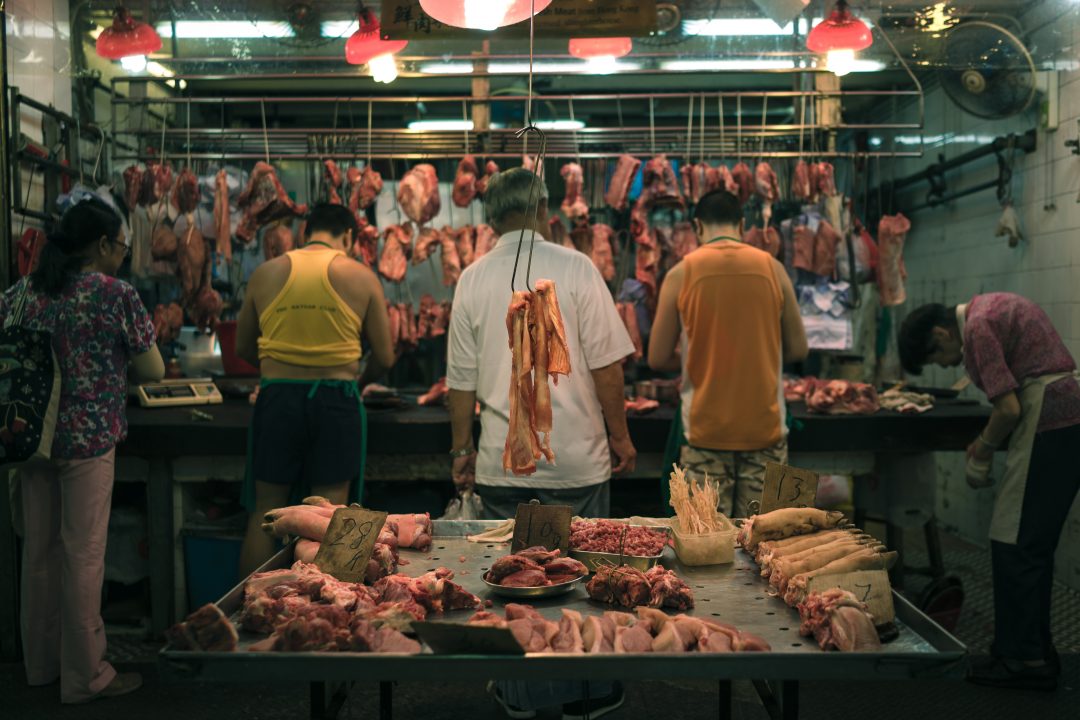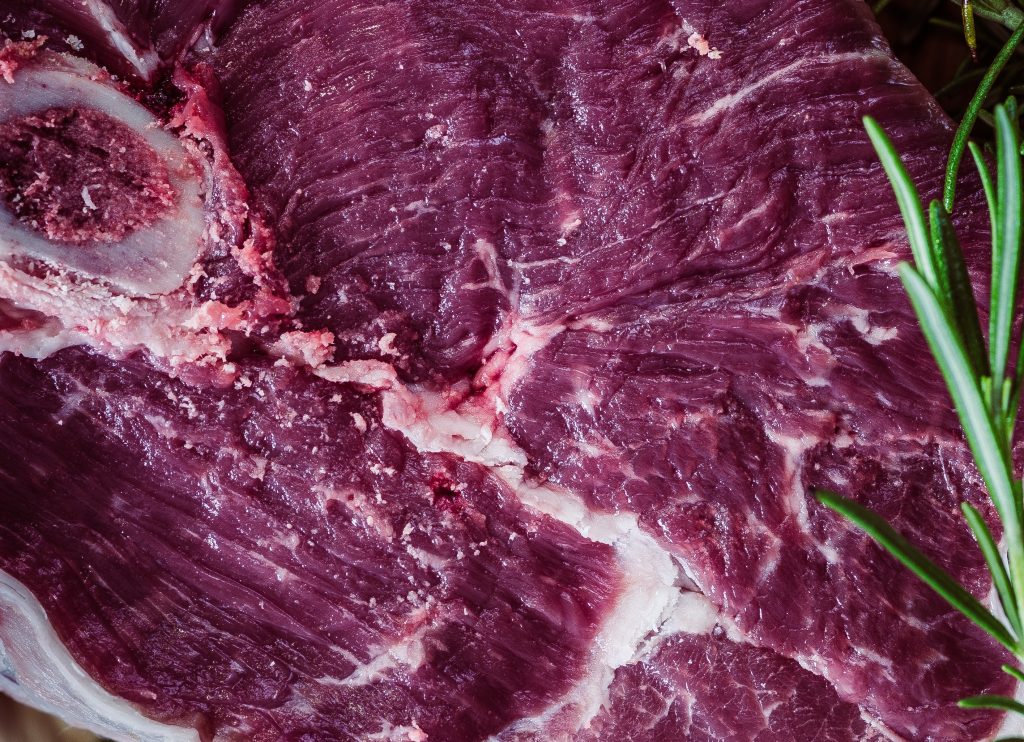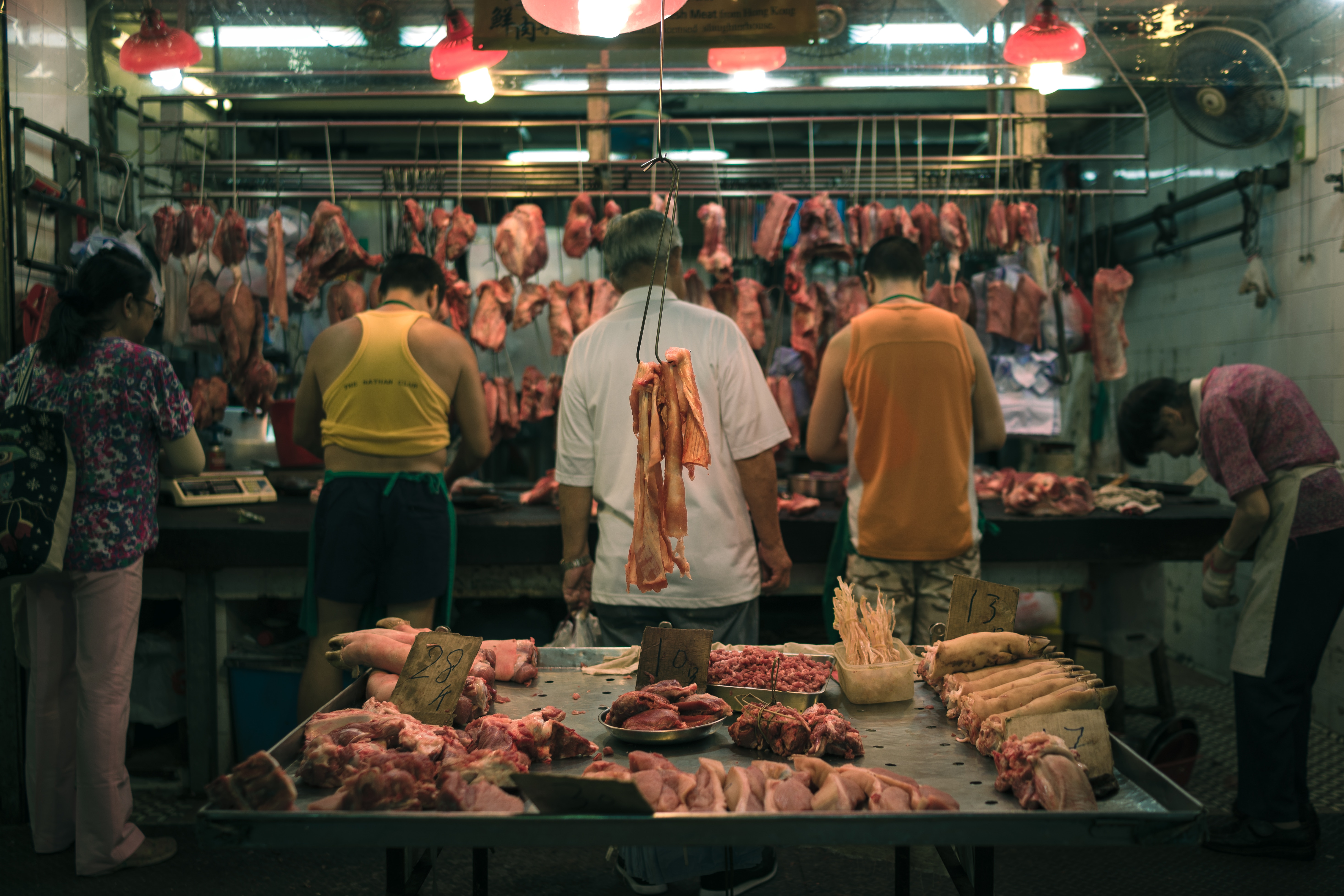Written by Jurek Wötzel
Being conscious about the health effects of the foods you buy is exhausting. Meat gives you protein, but is often packed with hormones and antibiotics; fish contains so many beneficial omega-3s, but is contaminated with heavy metals; vitamin-stuffed fruits and vegetables come with a great deal of pesticides.
As though these problems aren’t enough, people have become worried about the depletion of vitamins and minerals in grains, vegetables, and fruits produced in industrial agriculture. Now, this is truly problematic. What if your apple a day isn’t going to keep the doctor away anymore?
Researchers such as David Thomas have been studying the composition of foods for decades and have found some alarming results. For instance, analyzing government food tables between 1940 and 1991, Thomas concluded that the calcium content of potatoes has dropped by roughly 35%, broccoli has lost 80% of its copper content and carrots lost 46% of their iron. A group of Canadian researchers found that between 1951 and 1999, potatoes lost 100% of their vitamin A and 57% of their vitamin C.
Nutrition scientist Donald R. Davis told the New York Times in 2015 that the decline in minerals in foods may be particularly present in crops that have a strongly increased yield today than, say, 50 years ago. This “dilution effect” means that there is an inverse relationship between crop quality and crop quantity. In his 2009 study, he added that the dilution effect is also present with regards to protein levels of broccoli and potatoes.
Irakli Loladze, a trained mathematician that turned to biology, reported to Politico in 2017 that the rising CO2 levels may be a reason for changes in the composition of plants. The increasing availability of CO2 for plants makes them store higher levels of carbohydrates, which crowds out other compounds such as minerals and vitamins. Thus, another dilution effect appears to take over; while rising CO2 levels are beneficial for plant growth, meaning that there is potential for higher food production, this will likely result in lower quality fruit and veg.
But is our diet really getting worse as a result of the decline in trace elements and vitamins?

Photo by Toa Heftiba
Robin Marles doesn’t think so. He acknowledges the dilution effect in some crops, like fruits and vegetables, but says that there are increases in other trace elements and vitamins. In addition, as broad groups, many fruits and vegetables naturally have wide ranges of variation in their mineral or vitamin content. Hence, different breeds of a plant may display different levels of certain compounds. Simply classing all breeds under the same category, as previous studies have done, skews the results because some breeds may be much more prevalent today than decades ago.
Richard Mithen from the UK Institute for Food Research says that our health is, in fact, largely unaffected by the changes in food composition. “We use different fertilizers now, we have different pollution which may have an effect. Some of these minerals may have gone down, others will have gone up. However, the health implications of this are not at all apparent”, he tells The Guardian. Slight mineral or vitamin deficiencies have been linked to chronic diseases of the cardiovascular system or diabetes, but it is unclear whether this cause-effect relationship holds. Nonetheless, Mithen, too, must admit that the dilution effect is real, and that many plants that have been bred for yield have not been able to take up trace elements and vitamins proportionally to their carbohydrate content.
So what’s the deal? For one, the composition of some of our foods is changing. Second, this may be due to a variety of reasons including climate change as well as industrialized agriculture. This does not mean that our diet has worsened to a concerning level, but it does mean that we have to be diligent in ensuring that we get enough of the right nutrients in our body.
It is worth considering reducing the amount of grains, fruits, and vegetables that one buys from large supermarket chains and, instead, switch to locally produced goods that aren’t affected by modern agronomic technology. Anthony Fardet and Edmond Rock from the French National Institute for Agricultural Research note in line with a great deal of other researchers that the reductionist view of food composition, as I have used it in this article so far, is insufficient to account for the true health effects of diet. The reductionist view presumes that we can isolate 1-1 cause and effect relationships when it comes to nutrition. Nutrition scientists such as Fardet and Rock think this is too simplistic. Rather, they support the view that the health effects of diet are nets of multicausal links.
Acknowledging this means adopting a holistic view of preventive nutrition. Vitamins and minerals cannot be isolated and simply be ascribed the same effects in different circumstances. For example, an apple may contain a range of different fibers and carbohydrates which ease vitamin C resorption, whereas a banana may lack those properties. Different foods have interaction effects with each other, enhancing or diminishing the benefits of their compounds. So the change in the composition of our foods can have long-lasting effects which cannot be measured by purely looking at the amount of mineral X or vitamin Y. Analysis needs to encompass a greater variety of variables.
Therefore, to take the safe route, one can buy the produce breeds people have been eating for hundreds of years. They are likely to be unaffected by modern production techniques that are thought to significantly alter dietary effects. In line with Nassim Nicholas Taleb’s philosophy, it is always a good idea to only expose your body to the foods that we have ancient wisdom about.
A great example of applying this principle is sticking to the Mediterranean diet, which has frequently been shown to reduce mortality and risk of chronic diseases. A holistic approach means that without yet knowing the concrete causal links, we know that something about this dietary pattern is good for us. Additionally, in Mediterranean countries, the degree of industrialization of agriculture is much lower than in the US, the Netherlands, or Germany, for instance. Foods are less subjected to intervention, and thus, their composition is not prone to quick changes.
All in all, if you generally eat well, your daily apple will probably still save you your trip to the doctor. Yet, if you want to be sure about what you eat or improve your diet even more, take a holistic approach and be aware that industrially produced foods may have different nutritional values and different compositions. In the end, it is difficult to know whether your otherwise healthy industrially produced diet has an immediate impact on your well-being; but given a choice, choosing the safe option is never a bad idea in itself, even if it is a little exhausting.














